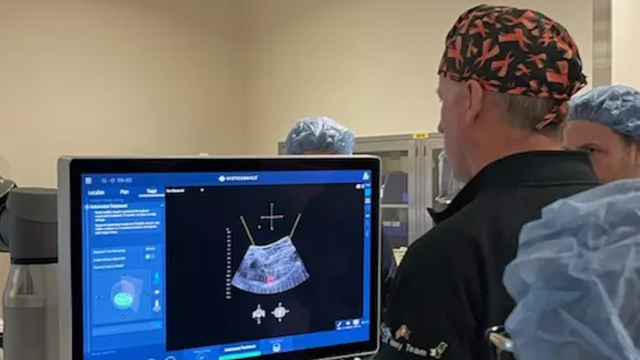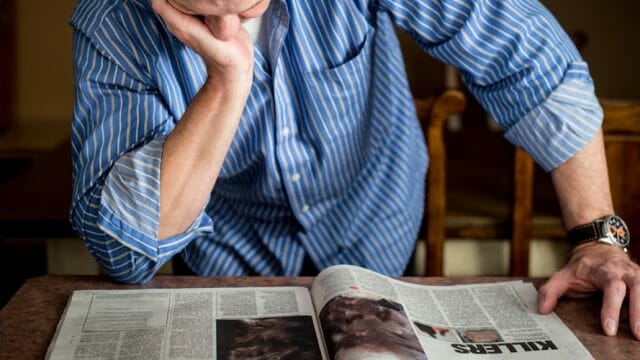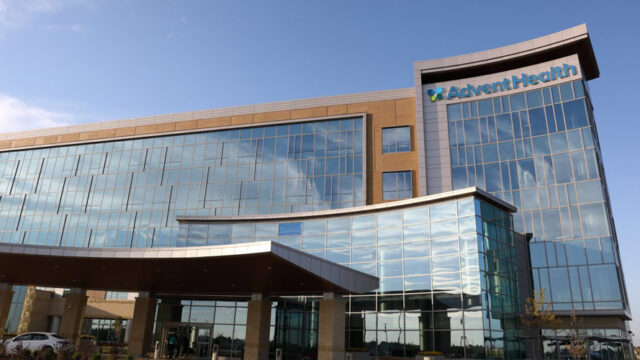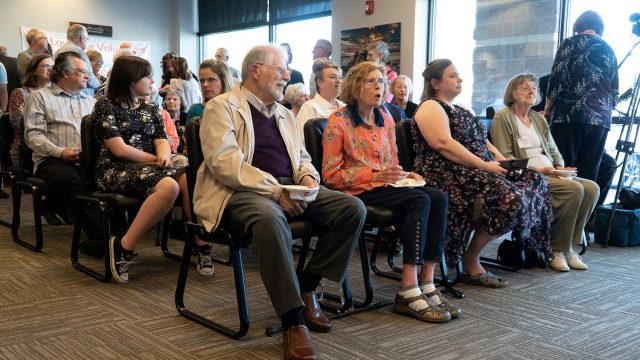How a Malagasy couple learned together and blessed an entire community.
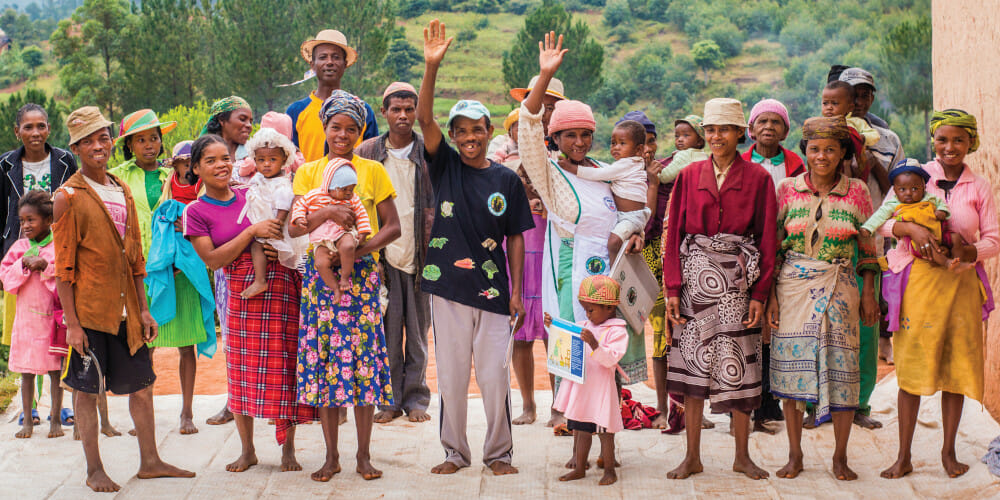
For anyone watching the news on television or scanning news reports on a smartphone or tablet, headlines often contain multiple reports of assault and mistreatment toward women. In fact, such stories can be found every single day in every part of the world.
But for one farmer on the island nation of Madagascar, off the eastern coast of Africa, it is not enough to hear of these stories and simply feel bad about them. Instead, he sees action as central to his beliefs as a servant of God. Along with his wife, he has become a health-care provider working for women in their region to receive quality care for themselves and their families.
Jean (42) and Hanta (37) Rasamiarisoa are a farming couple who work long hours each day to make a living off the land and raise seven children. Like most women in her nation, Hanta cares for their children in the home, prepares meals, and washes and makes clothes for the family.
“In the Malagasy culture, caring for children is traditionally seen as a woman’s work,” says Mireille Ravoninjatovo, communications officer for the Adventist Development and Relief Agency (ADRA) Madagascar. “However, in the Ampitana community, located in south central Madagascar, this husband and wife have teamed up to promote mother and child health and hygiene care.”
Teaming Up
For years Jean and Hanta’s community was plagued by pneumonia, diarrhea, and malnutrition. The death toll in the Ampitana area kept climbing.
In 2014 ADRA implemented the USAID-funded ASOTRY project in Madagascar. ASOTRY means “harvest” in Malagasy, and the project is a five-year food security program. ADRA worked with the Ampitana village to appoint women to become lead mothers for this initiative, which enabled them to receive special health-care training to combat malnutrition by increasing access to food and improving disaster preparedness. A major component of ASOTRY is encouraging women as caretakers to promote mother and child health to reduce child mortality and growth issues.
After intense training, the lead mothers meet with women in care groups and share what they learned. Lead mothers also visit women in their homes to give them detailed instructions about nutrition, breastfeeding, prenatal care, and personal hygiene issues.
Since the ASOTRY project started, more than 2,000 women have become lead mothers, and more than 16,000 women from the village have benefited from the program’s activities.
“When Hanta and Jean heard about the ASOTRY project, they were reluctant and refused to take part,” Ravoninjatovo says. “A major problem was that Hanta was illiterate, and Jean and Hanta feared that as a result of that challenge she would not be able to train and pass on the lessons taught to other women.”
But other members of the community wanted Hanta to become a lead mother and insisted that she enroll. The couple eventually agreed, and Hanta started the training program.
As she feared, Hanta initially couldn’t read the lessons taught during her classes and struggled to keep up with the other trainees. But Jean encouraged her to stick with it, assisting his wife with the care group she organized and helping to enlist women she could visit. The couple shared the training sessions together, and found the experience both informative and practical.
All this occurred while the couple operated a busy farm and raised a large family. Sometimes Jean left the farming behind to accompany his wife in her outreach to area women, even teaching lessons himself about prenatal care, danger signs, and breastfeeding.
Knowledge Is Power
Since the ASOTRY program was implemented, tremendous changes have been made through the efforts of lead mothers, including Jean and Hanta, who were willing to train women and families about better health-care practices.
“People relieved themselves in public, didn’t wash their hands with soap, and didn’t go to the hospital when they were sick,” says Jean. “Now, community members wash their hands with soap, they visit the hospital, and some households in our community have their own latrine or have made arrangements with other families to share one.”
Jean and Hanta noticed that their children have also developed healthier habits after listening to their parents’ lessons and haven’t become sick as often. “The community suffered greatly from diarrhea and malaria,” Jean says. “Today they know how to prevent those illnesses through the education my wife and I have taught them.”
Hanta is proud of the work she has accomplished and continues to serve as a lead mother. “I enjoy being a lead mother, but I almost stopped because of my illiteracy,” she says. “My husband volunteered to help me, and I continued. Now I have no difficulty doing this activity because he helps me.”
ASOTRY also provides a literacy program that Hanta enrolled in. Her reading skill levels have improved, expanding her effectiveness as a lead mother. She and her husband are still providing health education in their village.
“I work with her because I enjoy the knowledge that the project shares, and I appreciate the changes I’ve noticed in the community,” Jean says. “I want to be a model for the other fathers in my village.”
ADRA continues its involvement with ASOTRY in Madagascar and other regions of Africa. Farmer families like the Rasamiarisoas have access to improved tools and equipment, providing villages with savings and loan options, and increasing access to veterinary support services. Most important, projects such as this demonstrate God’s love and care for all His children—men, women, boys, and girls—with a little help from committed families who are willing to work and serve together.


